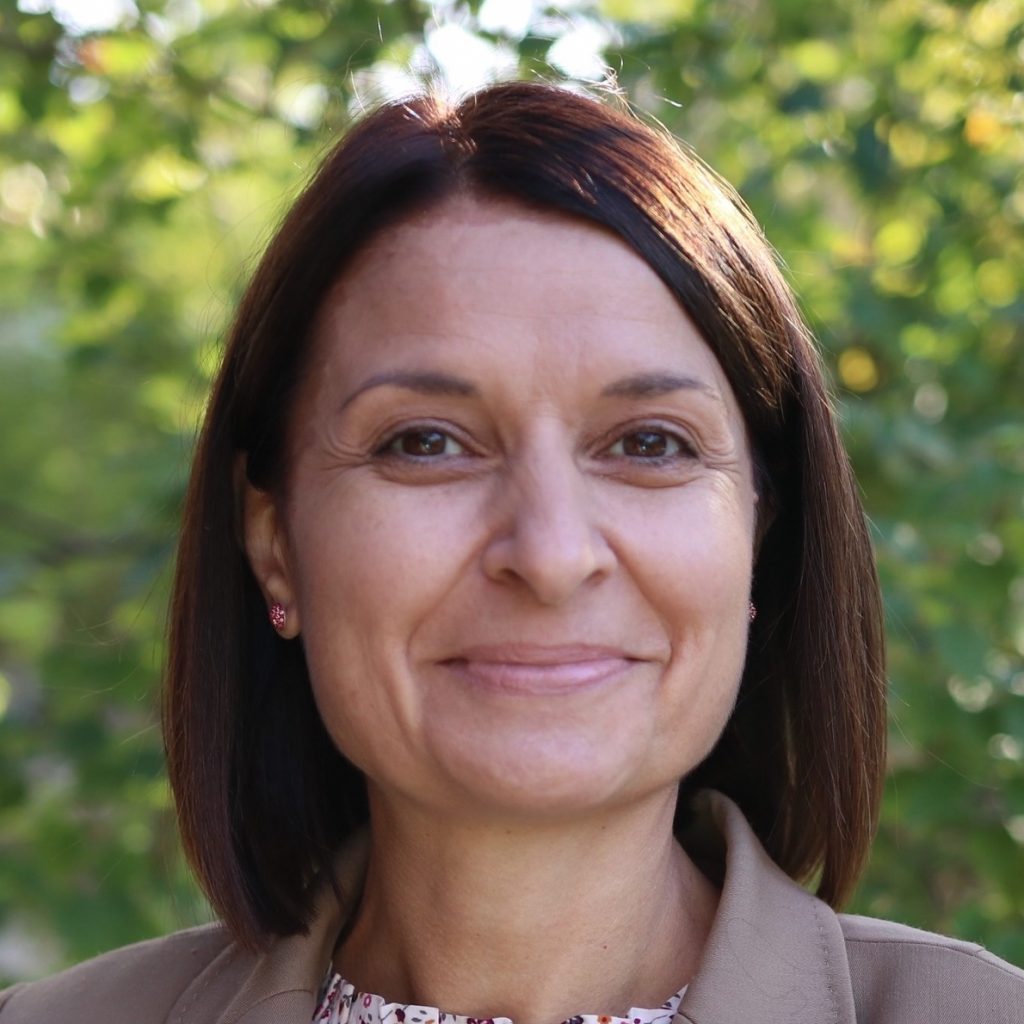
Daniela Dimitrova was honored with the Distinguished Visiting Scholar Award from the University of Missouri’s School of Journalism.
Daniela Dimitrova, Ph.D., an accomplished scholar in journalism and mass communication and a professor at the Greenlee School, was honored with the Distinguished Visiting Scholar Award from the University of Missouri’s School of Journalism in March.
This prestigious recognition is awarded to one scholar annually, based on their career-long contributions to research and scholarship in the field.
She was surprised by the honor, having been nominated and selected through an anonymous and competitive process.
“I didn’t even know I was nominated,” she said. “I get a lot of invitations to speak at different universities, so at first, I didn’t realize how special this one was.”
As part of the three-day visit, she delivered a public talk titled “Global Dramatism,” guest lectured in journalism classes, held one-on-one meetings with students and faculty, and toured the school’s facilities.
Her lecture focused on global journalism and centered around her most recent book, which explores the impact of technology and local context on news media around the world.
Her book, “Global Journalism: Understanding World Media Systems,” explores how journalism functions across different political, cultural and economic systems around the world.
The book is used in classrooms across the U.S. and abroad, offering a comparative approach to media systems that helps students and scholars understand the forces shaping global news.
Key themes from the talk included media coverage of war and migration, with examples tying into current conflicts in Gaza and Ukraine, as well as migration crises involving Syrian, Ukrainian and Central American refugees.
“Understanding context is essential for journalists,” she said. “It’s not just about quoting sources. It’s about knowing the systems, the local environment and the deeper implications of the story.”
She also discussed the role of fixers. Fixers are local guides who support international journalists in conflict zones.
“They’re crucial, especially when foreign reporters can’t navigate the area on their own. Without fixers, some stories wouldn’t get told,” she said.
Her book also tackles issues like artificial intelligence, misinformation and the evolution of audience behavior. She pointed out that while tools like AI offer new possibilities, they also pose significant challenges for education and journalism.
“They can be useful for brainstorming or outlining,” she said. “But they lack the human voice and accuracy needed for real reporting.”
Ultimately, the recognition reflects not just one project, but a career devoted to deep, global inquiry into the evolving role of journalism in society.
“It’s about your body of work and your entire contribution over time,” she said. “And that’s what made it feel so meaningful.”
